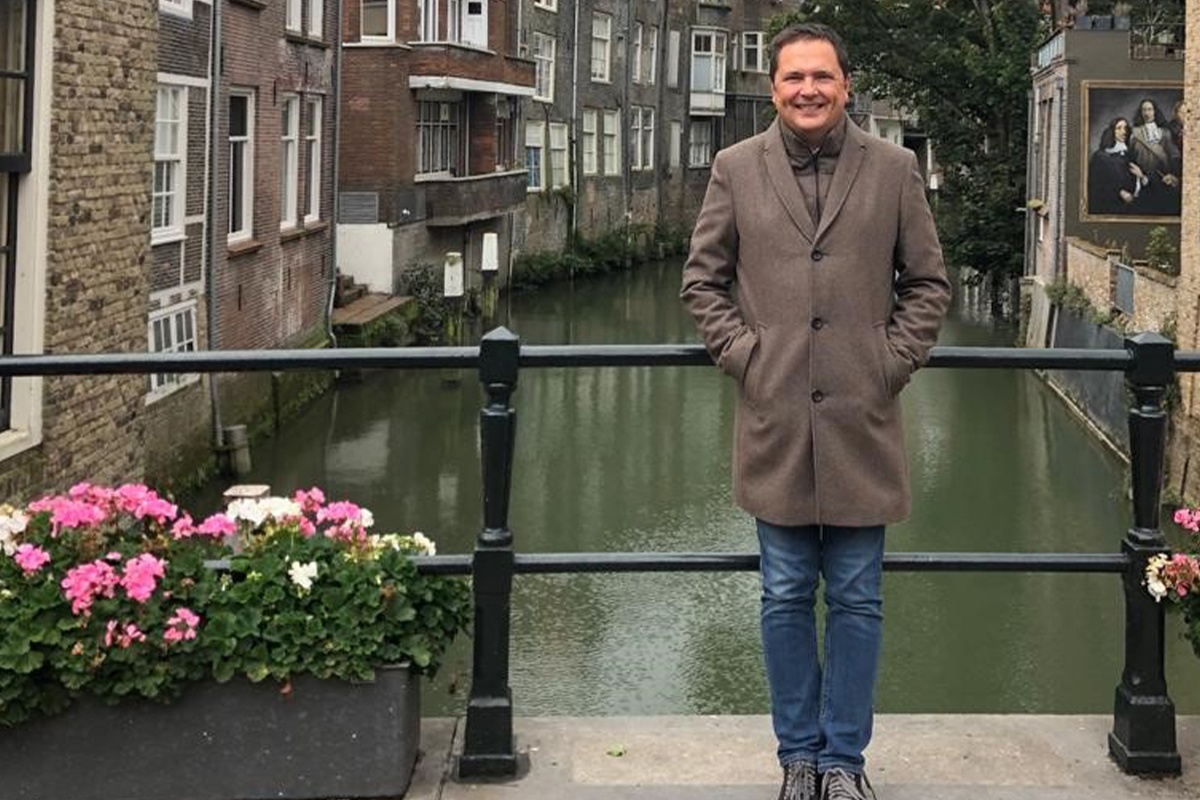New year, new objectives, and with a pandemic still raging, the challenges for business in Europe, as elsewhere in the world, are manifold. Henk Deist, CEO at Atterbury Europe, shares his team’s plans for 2021… and it has everything to do with collaboration.
How does a business leader motivate staff at the beginning a new year when the last one was 2020? What was the first message you sent out to your team in January?
Fortunately, the lean Atterbury Europe team consists of self-starting, self-motivating professionals – we motivate each other rather than me as CEO trying to do so – I also need motivation! However, we did have a chat in the beginning of the year and agreed that the principles of communication, collaboration, implementation, humility and a “work hard play hard” ethic got us to where we are today. This ethos remains valid and will keep us in good stead during any time, good or bad.
What are your headline objectives for Atterbury Europe for 2021? What are you looking forward to?
Our headline objectives are still driven by the COVID-19 situation – careful cash-flow management and making long-term decisions – decisions that may cause short/medium-term pain, but ensure the sustainability of our tenants in the long term. I am really looking forward to our malls/offices in all the countries being 100% open and to be able to trade while firing on all cylinders. I believe this will happen in 2021. When exactly, however, remains to be seen.
What are the current projects that take up most of your time, and what are their timelines?
The exciting prospect of the mixed-use development in Bucharest with our Romanian partners remains top of the list. Securing the land and development rights are expected in the first half of 2021.
Which of the territories that Atterbury Europe operates in currently present the biggest challenges due to the pandemic, and how do you mitigate against that?
Cyprus turned out to be the biggest challenge as the malls have been closed twice – first for about three months starting March 2020 and at the time of writing the malls have not opened yet since a closure on 11 December 2020, causing retailers to miss out on the Christmas trade. We are in constant communication with government, the banks and our tenants to manage the situation as best we can.
Any great upheaval such as that brought about by the global pandemic also tends to present exceptional business opportunities for those with a keen eye. Do you see anything like that in the property development space in Europe? Possibilities that maybe did not exist before, but may now be an option?
As is normal with any economic crisis, asset values are pushed down and those who are “long cash” are usually able to buy distressed assets at a discount. Our cash is earmarked for developments, so we are unlikely to play in the merger and acquisition game, but at the same time we are certainly not merger and acquisition targets as we are in no way sellers at a discount – our sound gearing structure makes us resilient. The pandemic may lead us into new property sectors where we have not participated in the past and we may re-look the way we design our developments – for example providing for more open space.
If you could change one operational thing about the current situation, from a business perspective, what would it be?
I believe we have made all the operational changes required to adapt to the new circumstances – now the virus must just take a hike!
The Atterbury group is characterised by incredibly strong teamwork, associations and networks. How do imagine this will benefit Atterbury Europe in the year ahead?
In the same way one’s family and friends are a safety net during a personal crisis, so are strong business relationships during periods of business hardship. We believe the fairness we have always displayed in our business dealings pays off, particularly in down cycles.

